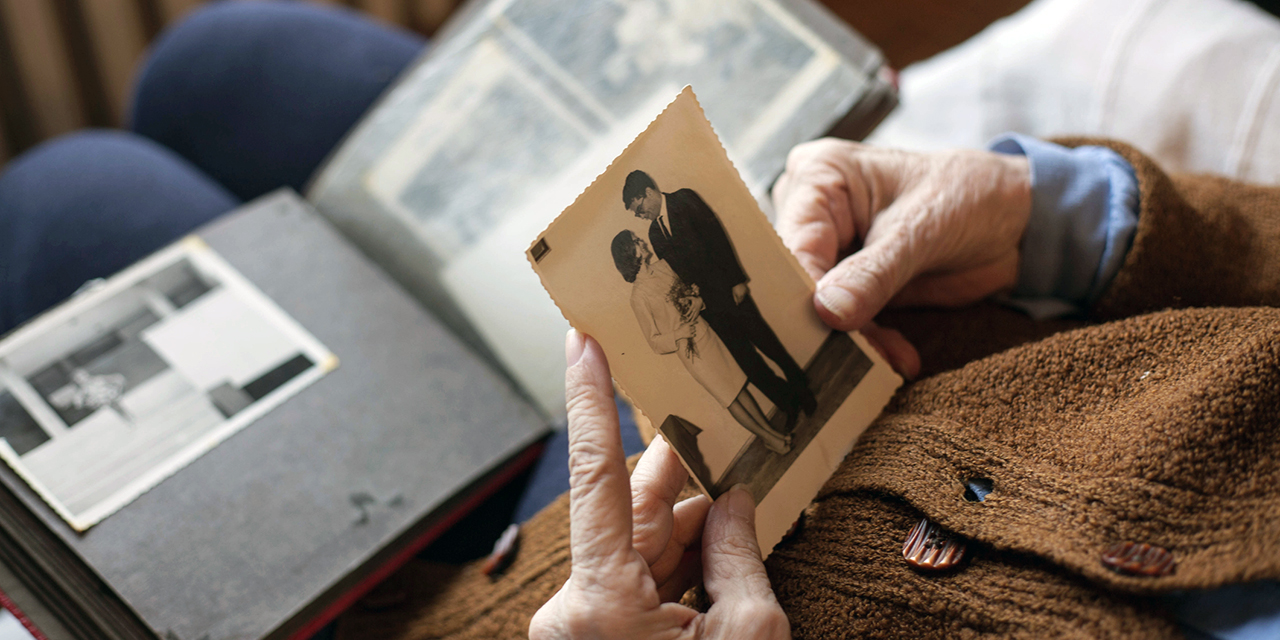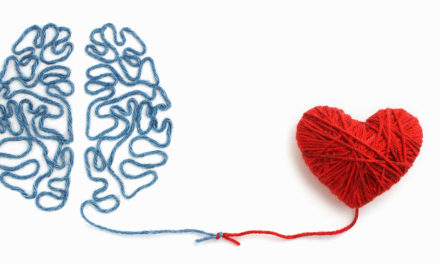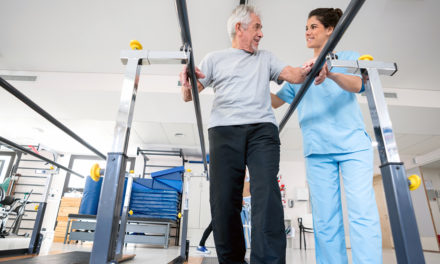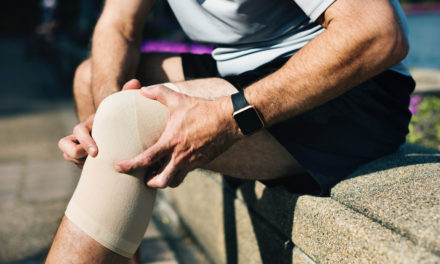How Emotion Influences Our Heart
Broken heart syndrome is triggered by extreme emotional or physical stress, causing the left ventricle in the heart to change shape and grow larger. As this happens, the left ventricle weakens and stops pumping properly, interrupting the blood flow out of the heart. Broken heart syndrome produces symptoms similar to a heart attack, such as chest pain and shortness of breath. This condition can affect both men and women, but approximately 90% of reported cases are in women, and over 80% occur in women over the age of 50. As hard as we try, we can’t always avoid stressful situations. But how stressful does an event need to be to cause such a strong cardiac reaction? The exact cause of broken heart syndrome is unknown, but research suggests it’s the result of a sudden surge of hormones like adrenaline, which can overwhelm the heart. Examples of an intense emotional or physical event that can lead to broken heart syndrome include:
- Experiencing a disaster such as an earthquake
- Traumatic events such as an accident or abuse
- Death of a loved one
- Sudden loss of a job, finances, home, or marriage
- Major surgery
- Participating in an intense physical event such as a triathlon
- Asthma attack
Mending a Broken Heart
Broken heart syndrome happens suddenly, so if you frequently experience shortness of breath or chest pain while stressed, it is unlikely you have takotsubo cardiomyopathy. The only way to know for sure that you have broken heart syndrome is to be diagnosed by a cardiologist.
“Broken heart syndrome is a condition that in medical terms we call takutsubo cardiomyopathy. This can happen when a person has an intense emotional or physical experience that releases certain stress hormones in the body. While an emotional experience such as sudden bad news can certainly trigger takutsubo cardiomyopathy, it is also seen in patients with non-cardiac related problems that are stressful on the body, like serious bloodstream infections.
It is important that patients get started on heart failure medications because in many cases the heart strength can return back to normal in a matter of months or years. Takutsubo cardiomyopathy is a reversible condition, and with proper medical care, patients should be able to recover their original heart function over time.”
Your cardiologist will perform tests such as an EKG, echocardiogram, and blood tests to determine if you are suffering from a cardiac event, like a heart attack or broken heart syndrome. If they find no evidence of blockage in your coronary arteries (the primary cause of heart attacks) then you may be suffering from broken heart syndrome. The good news is, this condition is temporary and easily treatable with medication, and most patients recover quickly. After experiencing broken heart syndrome, your cardiologist may recommend starting an exercise routine or a cardiac rehabilitation program to strengthen your heart. Avoiding stressful situations, and taking up stress relief interventions, such as yoga or meditation, are also recommended. If emotional stress is brought on due to depression or anxiety, speaking with a licensed mental health counselor or therapist can help.
Let Our Experts Help
Our team of specialists are recognized leaders in treating a wide range of cardiac diseases and offer some of the most advanced, innovative treatments and procedures in the region. Nationally recognized for our award-winning cardiac and vascular care, we’re dedicated to providing our patients with accessible, high-quality care close to home.





